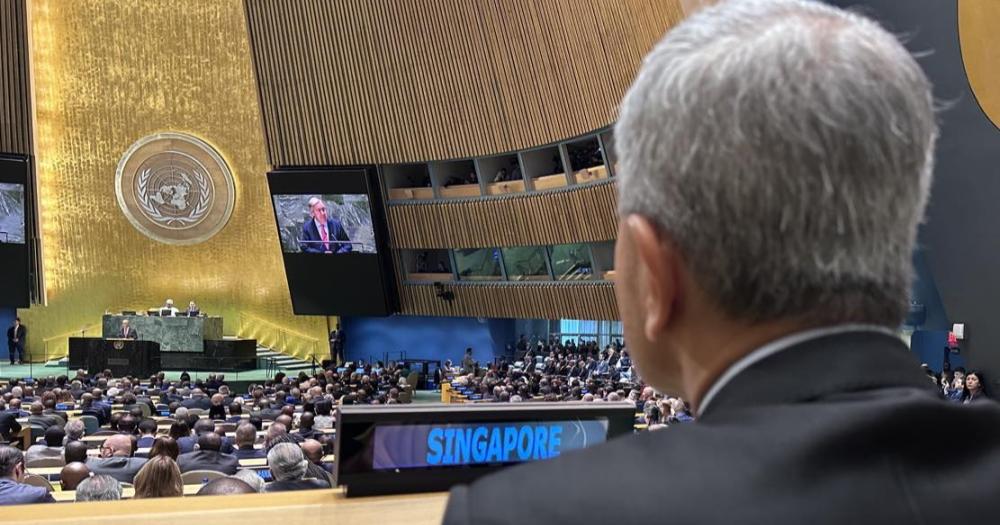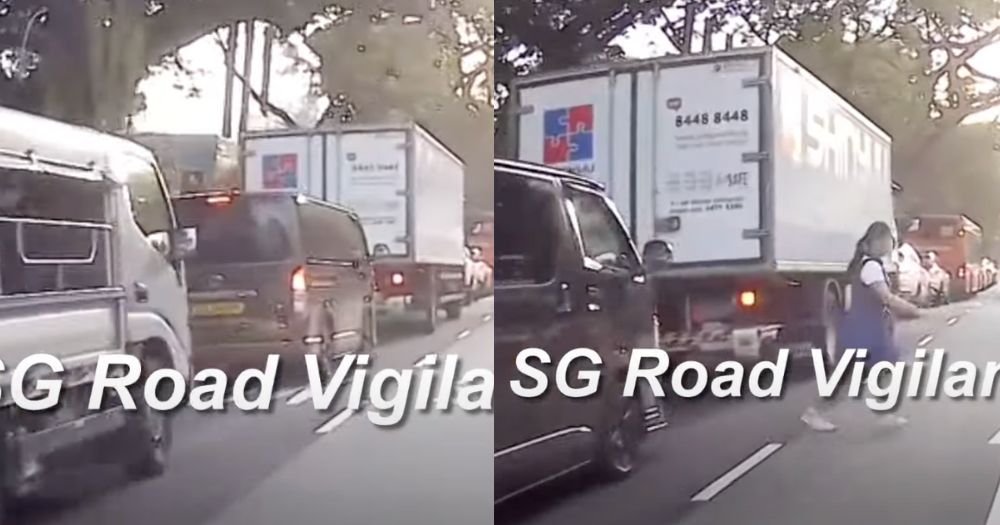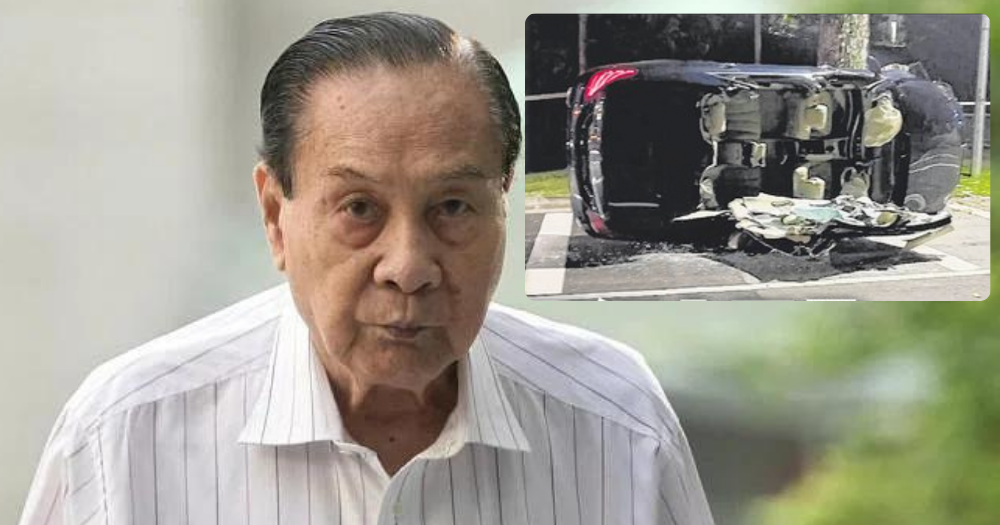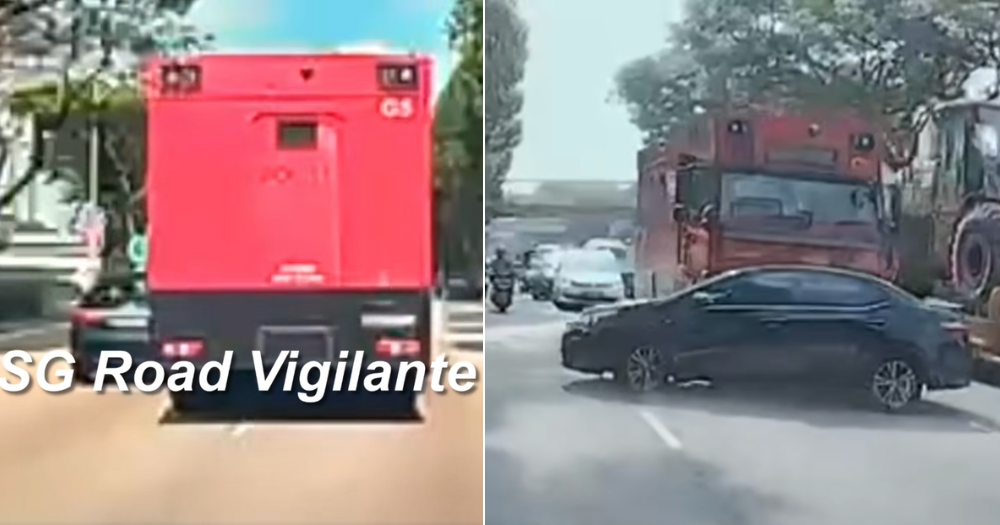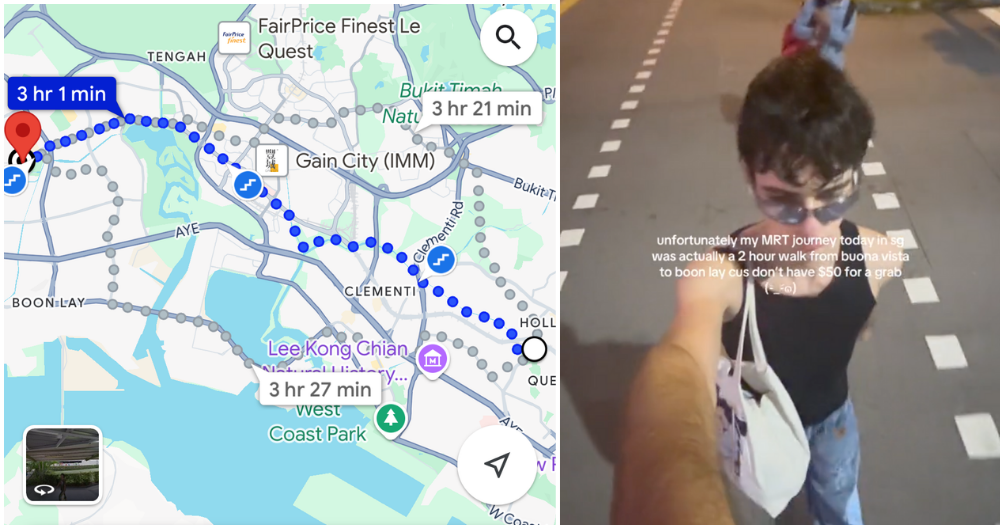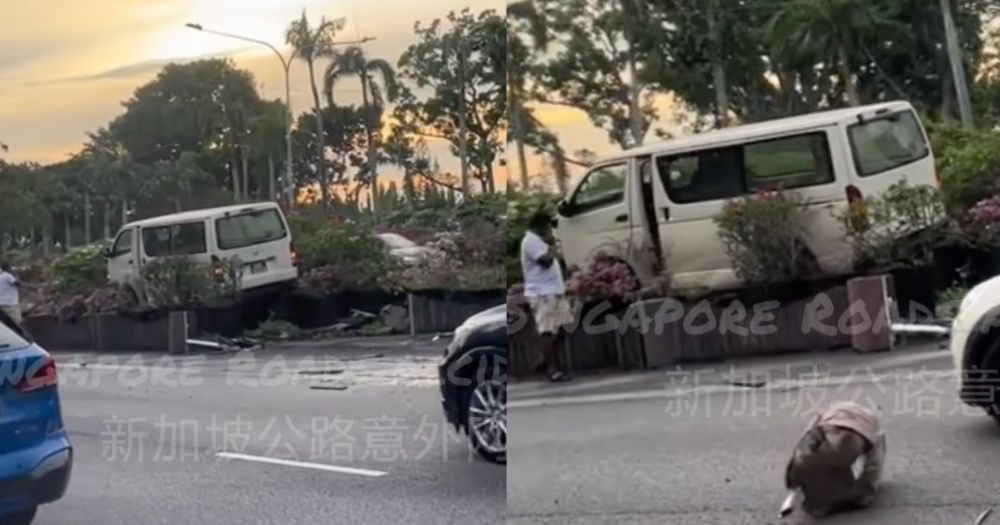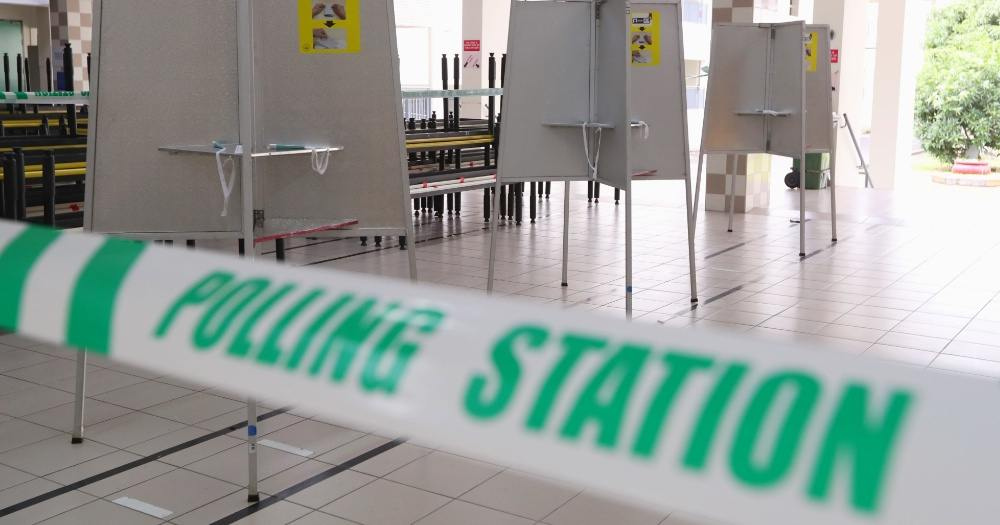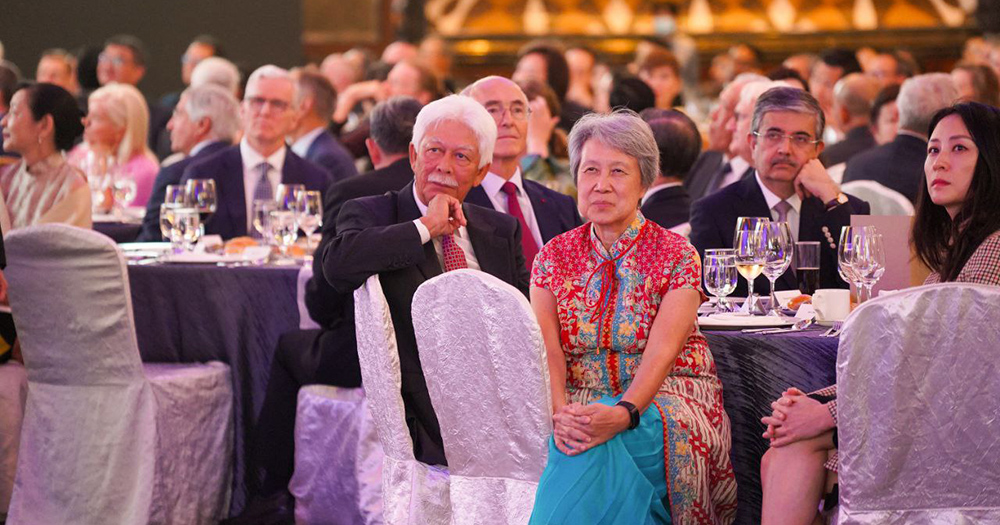Why were Iswaran’s charges amended & will he be imprisoned?
We spoke with criminal lawyer Sunil Sudheesan to find out more.
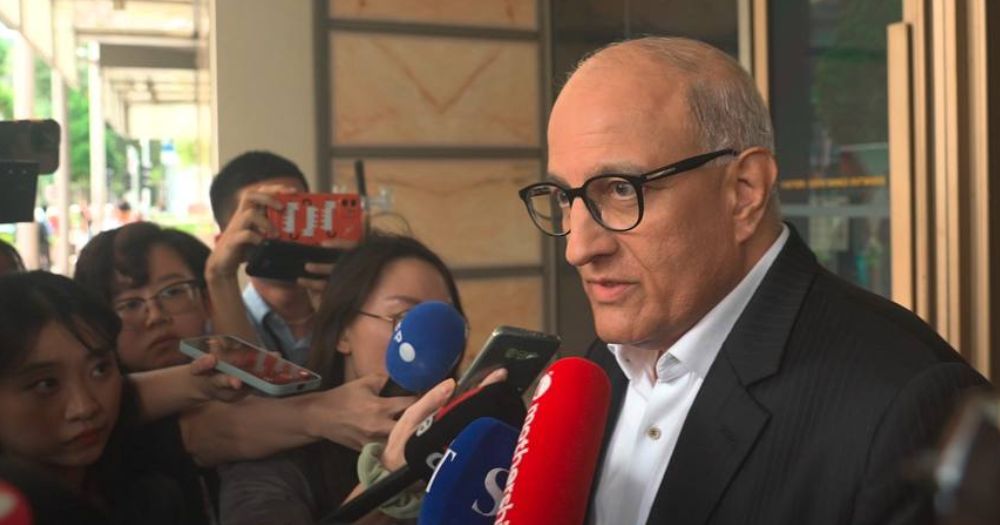
Former transport minister S Iswaran had two of his initial charges amended on Sep. 24.
The charges, under the Prevention of Corruption Act (PCA), were amended to charges under Section 165 of the Penal Code.
Iswaran pleaded guilty to one of those amended charges, along with four others.
His remaining 30 charges will be taken into consideration for the purposes of sentencing.
Mothership spoke with criminal lawyer Sunil Sudheesan, who heads the criminal department at Quahe Woo & Palmer LLC, to find out more about why the charges were amended, and what possible penalties await Iswaran.
Why were the charges amended?
In its statement, AGC said it agreed to amend the charges under the PCA to charges under Section 165 of the Penal Code, and that Iswaran agreed to plead guilty to the five charges — indicating there was a plea bargaining process in the case.
In a written answer to Workers' Party Member of Parliament (MP) Jamus Lim in April 2024, Minister for Law K Shanmugam said that plea bargaining is a negotiation process that may take place between the prosecution and the defence before the accused decides whether to plead guilty.
The prosecution may extend a plea offer to the defence based on various factors, including the resources which would be saved through a guilty plea, the accused person's co-operation with the investigation and other personal mitigating circumstances.
Sunil noted that the plea bargaining process is "part of the criminal justice system" and that lawyers "write in all the time" to ask for reductions in their clients' charges.
Sunil explained that it is in the public's interest as time is saved when it is possible to reach "a deal that results in a fair outcome".
However, he said that the time savings were not necessarily the only reason for a plea bargain, as lawyers would usually provide legitimate reasons when seeking a deal.
Commenting on Iswaran's specific case, Sunil said that there could be "contours to the relationship" between Iswaran and Ong Beng Seng which would allow for the prosecution to give him the benefit of the doubt.
He also commented on both the prosecution and defence's possible considerations when it came to the deal, naming prosecution resources as one of them, and adding:
"I think the state would have thought about what impression people would have as to a full blown trial coming up with prominent personalities being brought forward to court, and all that — things that may or may not come up. So you deal with that in one fell swoop.
And for Mr Iswaran, he'll be thinking about wanting to make sure there is no direct element, of corruption [in the charges], that no favour was given on his part... so that is cleared up as well.
"The mark of good negotiation is that neither side is happy," he quipped.
Responding to a question about whether the corruption charges could have been amended because they were initially excessive, Sunil disagreed, saying: "I think when the prosecution charges, they're quite certain about what they charge a person for."
In a statement issued later on Sep. 24, AGC provided its reasons for amending the charges and said it considered "litigation risks" in proving the charges beyond a reasonable doubt at trial, and that it also considered "whether the amendment would lead to a fair and just outcome that is in line with the public interest."
Section 165 of the Penal Code
Section 165 of the Penal Code makes it an offence for a public servant to obtain any valuable thing "without consideration" from a person concerned in any proceeding or business transacted by such public servant.
The section is one of several mentioned by Shanmugam in 2022 as being part of Singapore's anti-corruption laws that aim to tackle "various forms of bribery" involving public servants.
Commenting on Section 165, Sunil said it deals with "a different kind of offending" as compared to an offence of corruption under the Prevention of Corruption Act.
The difference lies in whether an "actual favour" has to be given to a public servant's counterpart — there is no such requirement for there to be an offence under Section 165.
The offence would be made out for a public servant "solely because [they] are placed in a position of conflict of interest, and [they] don't even have to do anything wrong", he said.
Sunil added:
"The fact that you received the gift already from somebody [with whom] there is a business relationship, you can get charged.
So that's actually a very high bar for public servants."
He noted, however, that other countries' attitudes towards gifts may differ from Singapore's "quite strict" approach.
Will Iswaran be imprisoned?
On how Iswaran could be sentenced, Sunil said the question is how long he will be imprisoned.
This is because Iswaran is unlikely to face a fine, with neither the prosecution nor the defence asking for fines to be part of the sentence.
He highlighted that both Iswaran's defence and the prosecution have made submissions for custodial sentences, signalling that they view custody as necessary.
The prosecution asked for a six- to seven-month jail term for Iswaran, while the defence asked for not more than eight weeks in prison.
"So the question is, ultimately, what length of custody is necessary," Sunil said.
Iswaran's sentencing has been adjourned to Oct. 3.
Top photo by Mothership
MORE STORIES







